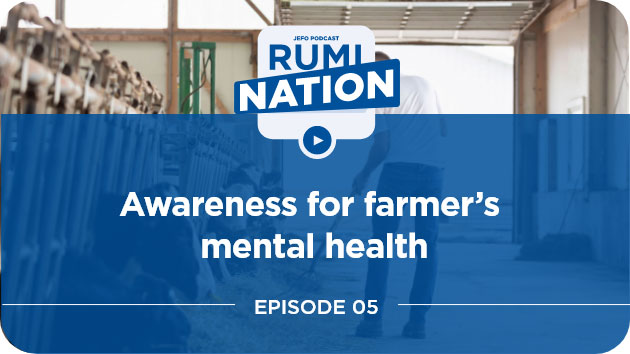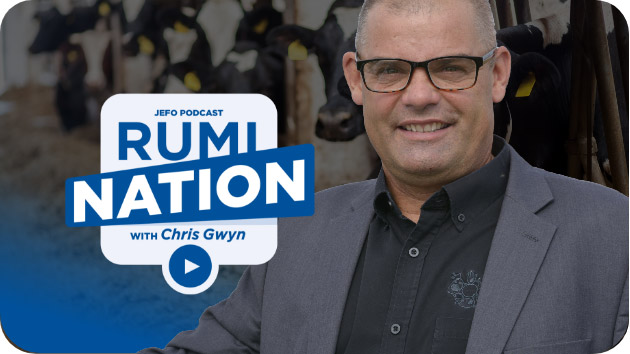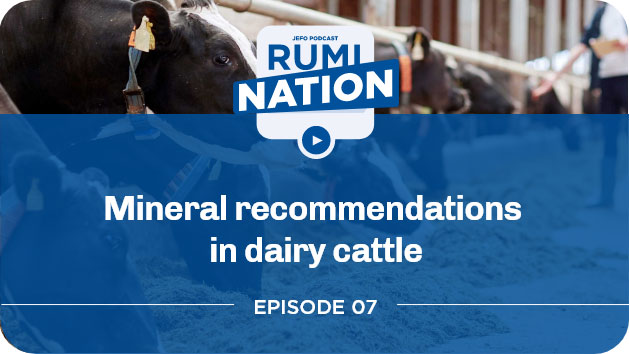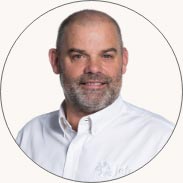Did you enjoy this episode?
Share now!
Our guest - Monica McConkey
Monica McConkey, who heads up Eyes on Horizon Consulting. She holds a Master’s in Counseling Psychology and 25 years of experience in delivering mental health support. Based in Minnesota, Monica currently works as a mental health specialist, providing mental health counseling to farmers and their families.
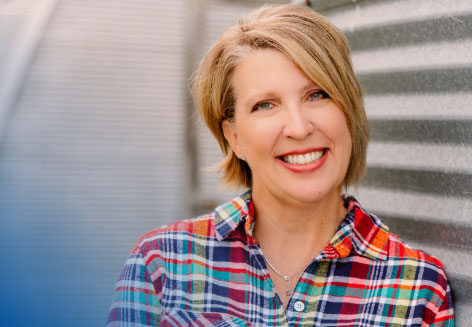
Contact
Join the Rumination community
Timestamps & Summary
1:49
Maybe share with the audience your personal and professional journey to starting Eyes on Horizon Consulting.
Monica McConkey
I am a farm girl, I grew up on a farm in northwestern Minnesota. And when I was younger, we had beef and hogs and crops. […]
I grew up in the 80s when the farm crisis was really difficult. And I remember my parents really struggling with anxiety and depression. I remember coming home from school and mom being in tears that we didn’t get our operating loan. And as a kid, my thought was, what does this mean? We’re going to have to move off this farm that my great-grandfather started, and live in town, our way of life is going to change. And so that really set the tone for just being aware of mental health in general.
After school, I got degrees in psychology and counseling. And for almost 27 years I’ve been in the mental health field primarily in rural areas. And three years ago, I was able to become self-employed and focus on mental health in agriculture. […]
4:13
Does mental health in rural farm communities differ from urban communities?
Monica McConkey
There are definitely some distinct differences. So, we know that suicide rates among farmers, especially our male farmers, are higher than in the general population. Calls I get really speak to the difficulties that stress on the farm plays in relationships and the toll it takes on relationships. How it differs when we look at rural to urban, accessibility rises to the top of the list. We don’t have the same workforce in rural areas as in urban areas, we don’t have the number of counselors, therapists, and psychiatrists, for sure, providing accessible care in rural areas. […]
8:30
I guess we’ve focused on the male because traditionally they were running the operations, but there’s a ton of role women out there, whether they’re producers themselves, spouses, partners, mothers, and how is that impacting them, and maybe also talk a bit about the LGBTQ plus communities.
Monica McConkey
I work with a number of women, of all ages, some are the primary producers of their operation, and some are in those supportive roles. And, you know, they have a unique set of challenges, especially those that are the primary operators. Agriculture is still very much a man’s world. And so they struggle to have their voices heard, to be seen as competent. And when I work with rural women, specifically women on the farm, there’s a lot of self-doubt and lack of confidence in their abilities because they just haven’t heard feedback from those around them that they’re doing well, that they are competent, they’re making good decisions. […]
Speaking of the LGBTQ community, they are an underserved and under-noticed population in agriculture. And, those folks are dealing with stigma from a number of issues. And their sense of isolation in these rural communities is very pronounced. I met with one young lady who was in the LGBTQ community, and she really was struggling with being the next generation on her farm. Her parents were ready to transfer the farm over to her. But the thought was, Do I want to be in this small community where I don’t have a peer group and I’m not accepted? And where the political views are very different from my own. So, it’s impacting even on that level of continuing the legacy of farming operations and keeping them in the family.
11:37
The stigma around mental health is still massive and what prevents people from getting the help they need. And perhaps that challenge is being exacerbated in a rural community. Maybe just expand a bit more in the hope of removing the stigmas that people are perhaps inadvertently putting there and not realizing it?
Monica McConkey
Yes. You know, my dream would be that we are able to walk into the local gas station where the farmers gather for their cup of coffee in the morning and hear them talking about anxiety and depression on the same level as they’re talking about their other physical health conditions. It’s not unusual for us to be very open about physical maladies we have, whether it’s arthritis or kidney issues, or being a diabetic, and that information is often freely shared, put on social media talked about openly, doctors being recommended and referred to, sharing of stories. I would love to have the same type of conversation happen when it comes to our mental health and mental illnesses, which would sound something like: I saw this therapist, and they understood the stress and strain that farmers and their families go through, they would be a great help to you.
Because I think that vulnerability, is really how we start attacking that stigma, by telling our own stories. And we’re getting there. I mean, exactly what you’re doing here, we are making progress in that area. And so, it’s very exciting to see a business, a media, being supportive of campaigns and initiatives around stress and mental health and, often even telling their own stories about their struggles. […]
16:50
What can we do to ensure that we’re healthy, and we’re aware of the situations with our clients or family?
Monica McConkey
I love that question. And I’m so glad you brought it up. Because those people that work with farmers and ranchers, with egg producers, it is hard when you’re working with chronically stressed people day in and day out. And eventually, it’s going to take a toll on you. So self-care is very important prior to you feeling burnout and struggling with your own mental health. So, if you look at it just, baseline: drink lots of water, eat healthy foods, get some exercise, like physically take care of yourself. Sleep. If you’re not getting good sleep, figure out why and fix it. So that level, and then from there, it’s really about making sure that you are doing things in life that feed your soul. Like something outside of work. Are you able to leave work and spend time with family or friends or do activities that really feed your soul? Are you able to talk to people when you are struggling, whether it’s a peer or a mentor or supervisor, clergy, somebody you trust, a therapist, a counselor, or a doctor? Seek out help, you don’t have to struggle on your own. So those are all things we can do to take care of ourselves. And I can talk about that all day long! […]
Need more information?
